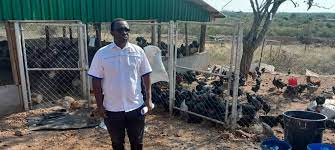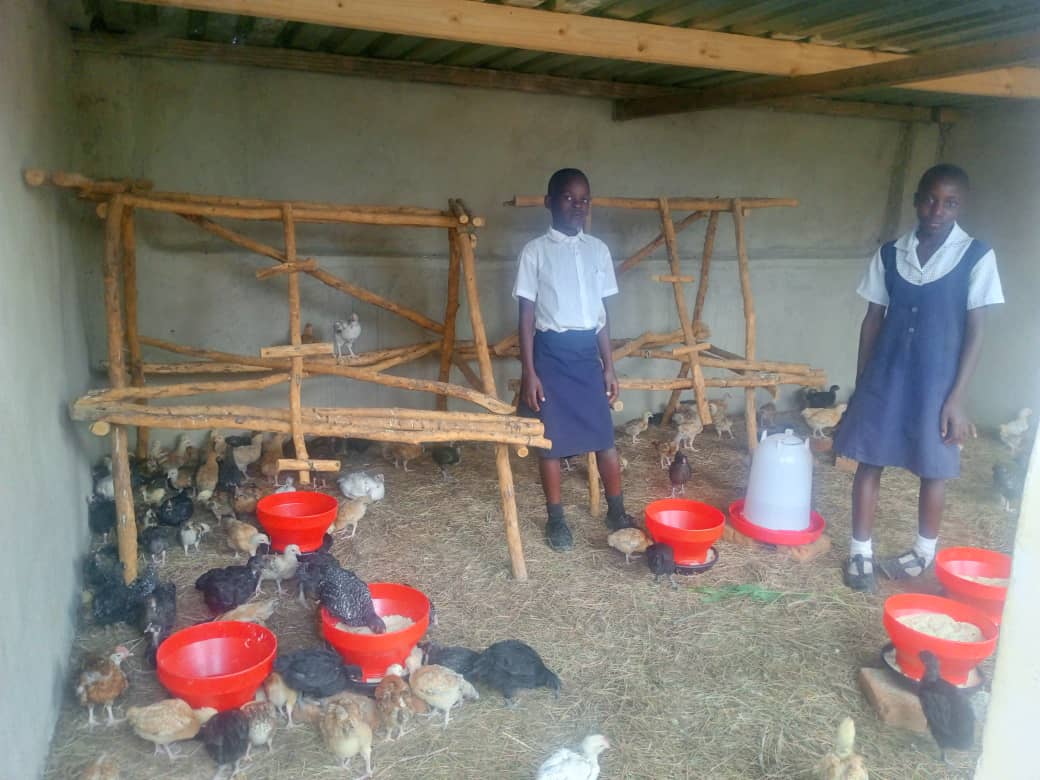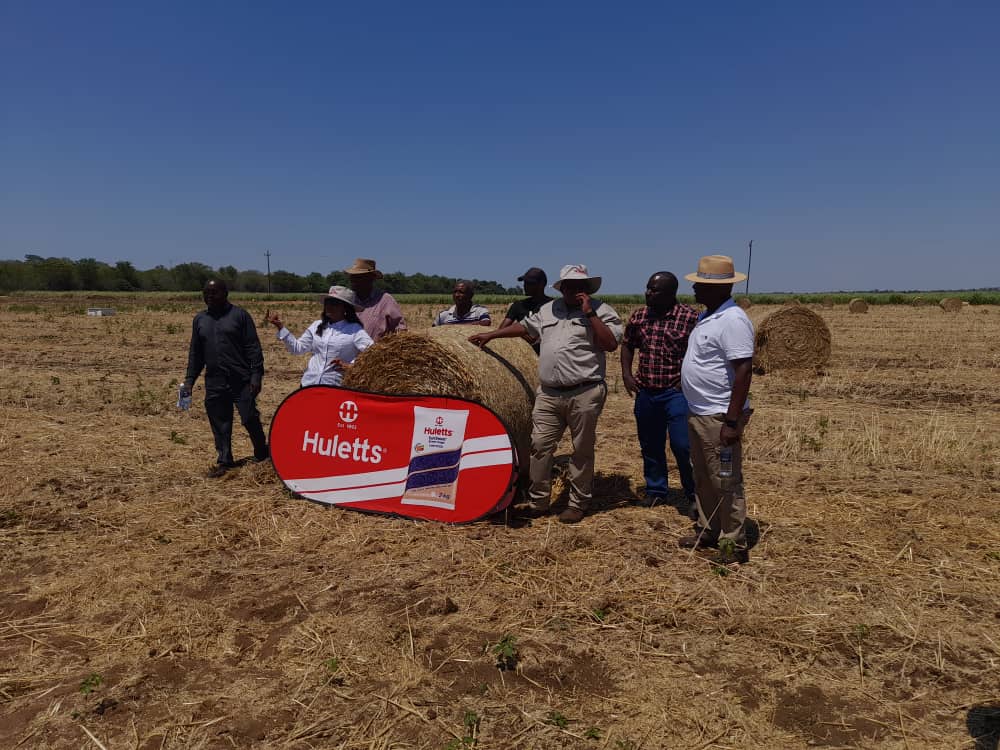EnviroPress Reporter
Great Zimbabwe University (GZU) has plans to turn its Innovation Centre for Dryland Agriculture in Chivi into an international centre for agro-innovation projects once completed.
The centre sits on 135 hectares of virgin land in Chivi Ward 8 under Headman Madyangove near Mashava. Chivi is in climate region five with little to no rainfall.
During a recent tour of the place, GZU Gary Magadzire School of Agriculture and Engineering Dean Dr Xavier Poshiwa said the institution is being built in three phases.
He said the first phase is 40 per cent complete and was expected to be completed by August 2023. It includes the construction of an administration block and seven laboratories, including crop science, animal science, microbiology, livestock breeding, genetics, molecular, plant breeding, genetics and soil science.
The second phase entails the completion of a grain milling and processing factory, feed processing and manufacturing factory, storage facilities, leather processing factory, engineering workshops and enterprises. The third stage includes the construction of a school, hotel, restaurant and sporting facilities.
“The purpose of this programme is to develop agricultural practices and technologies that make efficient use of locally available epistemic and material resources, thereby reducing vulnerability to adverse impacts of climate change and variability and increasing productivity for drylands. The research team works with communities to solve problems that affect their lives in drylands.
“As developments continue to take place at the site, the centre will be turned into an international centre of excellence for agro-innovation projects which will house both local and international scientists who will be engaging surrounding communities,” said Dr Poshiwa.
The innovation centre won GZU an award at the recently held inaugural Presidential Innovation Fair awards in the best innovation in the Agriculture category. It was awarded US$3 000 and a trophy.
The Government funded project is done in partnership with the Ministry of Higher and Tertiary Education, Innovation, Science and Technology Development, Non-Aligned Movement (NAM) and communities in Masvingo Province.
Poshiwa added that the project is also meant to promote the production, processing and consumption of traditional grains and other products.
Some projects that will be undertaken at the centre include poultry projects, particularly indigenous chickens, fisheries, feed processing, and livestock production. Some 5 000 chicks are being distributed across the province under the poultry project.
So far, 200 farmers across the province have been given traditional grain inputs. Once they harvest, they sell the grain to GZU, which processes them at the Innovation Centre.







